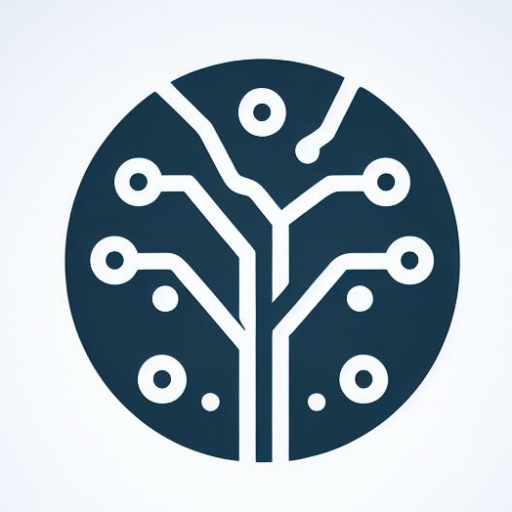The deployment and integration of Artificial Intelligence (Ai) in organizations create a wealth of professional opportunities. Here are some key roles in AI, along with the knowledge and disciplines they require.
AI Implementation Lead (aka Aii Captain): As a project leader, the Aii Captain plays a key roles in AI integration and optimization of AI solutions for production use. This individual ensures these solutions are efficient and scalable. Mastery of the Aii Methodology published by Mirabilis Ai and project management are essential.
AI Architect : The AI architect is responsible for designing the overall structure of the AI system. They ensure that the architecture aligns with the organization’s business objectives and technical requirements. They also make sure that the solution is scalable, reliable, and secure. Deep knowledge of AI technologies, cloud platforms, and architectural patterns is crucial.
Data Engineer: The data engineer manages the data that feeds into the AI models. They build and maintain data pipelines, manage data storage solutions, and ensure the quality and accessibility of data. Strong skills in database systems, ETL (Extract, Transform, Load) processes, and programming languages like Python or Java are essential.
Machine Learning Engineer: The machine learning engineer develops, tests, and deploys machine learning models. They work closely with data scientists to translate prototypes into production-ready code. A strong understanding of machine learning algorithms, data structures, and programming languages like Python or R is necessary.
Project Manager or Scrum Master: These professionals oversee the entire project from start to finish. they supervise all the Key roles in AI. They coordinate between different teams, manage resources, and ensure that the project is completed on time and within budget. Strong organizational and communication skills and a good understanding of project management methodologies are indispensable.
Business Analyst: The business analyst acts as a bridge between the technical team and business stakeholders. They understand business needs and ensure that AI solutions meet these needs. Good data analysis skills, a deep knowledge of the business domain, and strong communication skills are essential.
Data Scientist: The data scientist explores and analyzes data, developing machine learning models based on the insights gained. Strong skills in statistics, machine learning, and programming languages like Python or R are essential.
DevOps Engineer: The DevOps engineer works on the deployment, integration, and maintenance of the AI system. They ensure that the system runs smoothly and efficiently. A good understanding of software development, cloud platforms, and automation tools is needed.
Ethics Compliance Manager: The ethics compliance manager ensures that AI solutions are developed and used in an ethical manner. They understand the ethical implications of AI and strive for fair, transparent, and privacy-respecting solutions. Knowledge of AI ethics, law, and policy is crucial.
To prepare for these careers, it’s vital to undertake specialized training, engage in practical projects, and stay informed about the latest technological advancements. Certifications and internships can also help you stand out in this ever-evolving field. Also studying the Aii Methodology will allow you to understand the entire deployment and integration process, and to identify potential technological and ethical pitfalls.





Leave a Reply